Saturday, May 23 2015
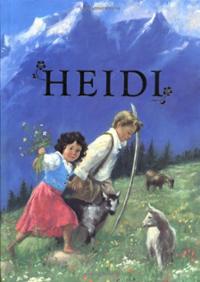 
Recently someone on FACEBOOK asked the question, ‘What was the first book you read and loved when you were a kid?’ My mom read to me when I was really small and I’m sure I had my favorites, but I don’t recall them. I remember sitting on my dad’s bench reading Mr. Popper’s Penguins to my dad who was building a small wooden sailboat when I was ten or so, but the one book that stood out most in my mind was Heidi by Johanna Spyri. I was totally in love with that book and at least half in love with Peter.
Looking back on it now, I realize that was the beginning of my love affair with romance. Even though it was a child’s story about an orphan, there was something appealing about her friendship with Peter, and in the sequels Peter and Heidi grew up, fell in love and married. My first romance for sure. I grew up as well and graduated to Georgette Heyer who wrote dozens of Regency romances and set the standard for all who followed her.
Since the days that Heyer kept me enthralled, romance has changed significantly. There are so many genres and sub-genres. Whatever catches your fancy: military heroes, cowboys, wealthy CEOs, vampires, time travel, suspense, mystery, historical, Regency, medieval, inspirational, sweet romance or hot and sexy there is a romance out there to please. The advent of e-books and then the explosion of self publishing has shattered the grip that the big NY publishing houses had on the romance genre and everyone is pushing the envelope. And I think there is a place for all of them.
Romance has also become more diverse and inclusive. When I was young and nearly innocent myself, all the heroines were just that – young and innocent. Now they are all ages, from young adult teenagers to college women, and career women, women who have been married and widowed or divorced, and even older with grown children. And the heroes who were once always older, wiser, wealthy and more worldly have become more diverse. They might be wealthy or they might be farmers, or carpenters or policemen. And both heroines and heroes have begun to represent all of America. Instead of always being white, they are men and women of all ethnicities, skin colors and faiths. That surely has to be a plus for everyone. America is strong because she is diverse and to represent that diversity in romance just makes our reading experience better.
  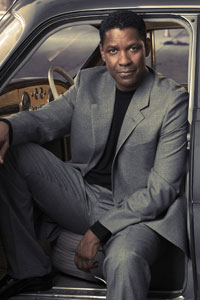
One of the biggest changes I’ve seen though is in the stereotypes. Heyer surely started the feisty heroine with a mind of her own trend and most readers of romance have little patience for heroines who simper and sigh and let the heroes make all the decisions. Heroines have become career women and soldiers, politicians and FBI Agents. A healthy reflection of the freedom that women have today to pursue their dreams independent of men. And our Heroes have changed as well. Once upon a time heroes were all stoic, strong, smart and capable. All of those characteristics are still part of our favorite heroes, but we’ve moved beyond that to accepting men who have been hurt and are struggling and sometimes even being willing to share their pain, especially with the heroine. Instead of standing, legs spread and arms folded across his manly chest on the rolling deck of his ship, untouched by the mayhem of a pirate’s life, he can be hurting inside because of the man he didn’t save, or the mother who turned her back on him. And even more recently we have navy SEALS, soldiers and Marines who can pull off the most amazing feats of heroism under fire and yet be gentle and loving and struggling with the things they’ve seen and done. Just as I loved Peter back when I was ten, I love these men who push themselves to the limit physically and mentally, who would move heaven and earth for the woman they love and are yet able to admit to the things that haunt them and reach out for help from those who care and be humble with their heroines. This softer side of today’s heroes makes them more complex, more complicated and more loveable.
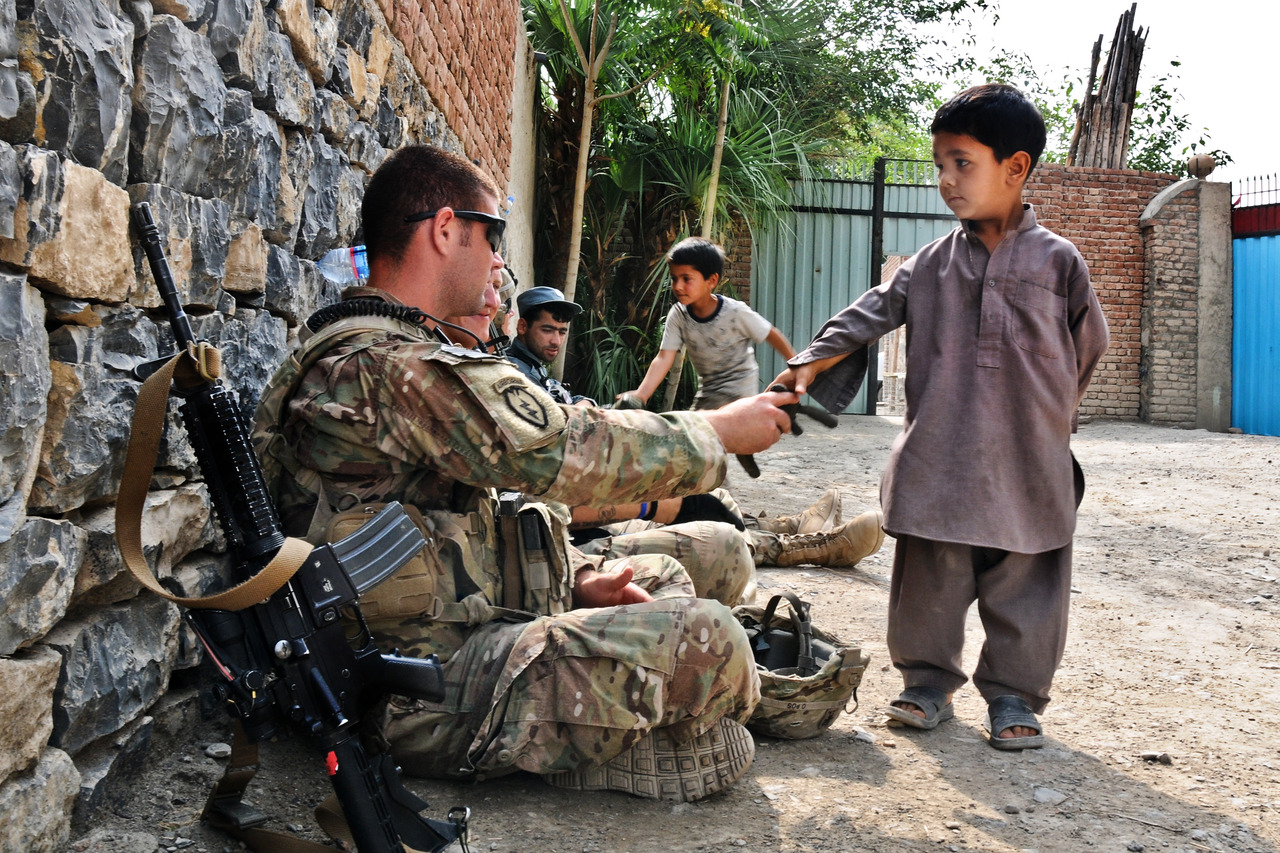  
The one thing that hasn’t changed is that romance is here to stay. More than any other genre in print or e-book, romance tops the list in sales and distribution. Love really does make the world go around, and I doubt we’ll ever get tired of reading happy endings.
 
Check out these other authors to see what they have to say about Romance today:
Beverley Bateman http://beverleybateman.blogspot.ca/
Fiona McGier http://www.fionamcgier.com/
Connie Vines http://connievines.blogspot.com/
Skye Taylor http://www.skye-writer.com/
Margaret Fieland http://www.margaretfieland.com/blog1/
Helena Fairfax http://helenafairfax.com/
Anne Stenhouse http://annestenhousenovelist.wordpress.com/
Marci Baun http://www.marcibaun.com/
Diane Bator http://dbator.blogspot.ca/
Rachael Kosinski http://rachaelkosinski.weebly.com/
Rhobin Courtright http://www.rhobinleecourtright.com/
Tuesday, May 19 2015
 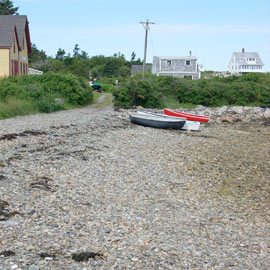 
High Tide at Noon, the first of the Tides trilogy by Elizabeth Ogilvie, was first published in 1944, long before I was born, but it was the first romance I ever read and I fell in love with Bennett’s Island and the people who lived there. Storm Tide was my favorite of the three and Ebbing Tide completed the story of Joanna Bennett and Nils Sorenson. I have hard cover copies printed on second rate paper during WWII and while I’ve considered purchasing newer editions, these hold a bit of nostalgia I’m not ready to abandon.
Ms. Ogilvie went on to write more than forty more novels, most set on the coast of Maine, many on Bennett’s Island. When I read her autobiography, I discovered that Bennett’s Island is a real place. An island at the very fringes of Penobscot Bay, Maine called Criehaven after the original family who settled it in the eighteen hundreds.
At the time, my dad had a small cruising sailboat and to my astonishment, he, too, had read the Bennett’s Island books. If you knew my dad, you would be astonished too. He’s not the romance type at all. But it wasn’t hard to convince him that we should sail out there one summer and explore the place. Once there was a bustling year-round community on Criehaven, or Ragged Island as it’s called on the charts. But in the mid fifties the price of lobsters plummeted and the draw of modern conveniences spelled the end of a way of life that had survived for over 150 years. For years the island lay forgotten, the solid old homestead perched on a ridge above the harbor sat empty along with all the other homes, the one-room schoolhouse, the store/post office and the club house.
Eventually the families who still owned those properties began to return in the summer months to fish the still teeming waters. The Krementz family (Of Krementz Jewelry) bought the homestead and restored it. The schoolhouse is now a cottage and the clubhouse a crumbling ruin, but many of the homes now hum with generators and electricity. The well still produces crystal clear, icy cold water that tastes like ambrosia. And the sea still beats an endless rote upon those granite shores, while men once again fish for lobsters within sight of that proud old homestead.
For me, it was love at first sight. As we rowed ashore to explore, we passed another small skiff headed back out to a quaint little boat rigged with a sail, a canvas tarp and a crooked little stovepipe. The man rowing looked as though he might have lived there a hundred years earlier. He called out a greeting and asked if we were headed up to Joannie’s place. Joanna Bennett being the heroine of Ms. Ogilvie’s books. Clearly we were not the only ones who’d read the stories and been drawn to come out and see this piece of paradise for ourselves.
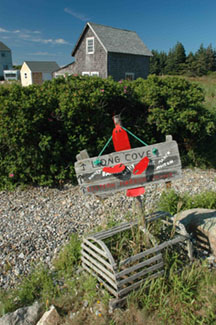 
We returned many times over the years my dad still owned a sailboat, and we always went ashore to explore. There was an ancient cemetery with gravestones dating back to the original Crie family. There were hushed forests of tall spruces, numerous coves and always the sound of the sea wherever we went. In the Tide books, the oldest brother had married beneath him according his family and moved in with his in-laws on the far end of the island so of course, we followed the old dirt road to see where Charles had lived. One night the sea was pounding against the seawall and even in the harbor the waves were big enough to roll us out of our berths so one of the lobstermen came out to invite us to spend the night in his daughter’s home because she was away and not using it. Turns out her place was the converted schoolhouse so I can even say I’ve slept on that island in a building that once saw children learning their numbers on blackboards. We always bought lobsters from the men whose graceful boats were anchored in Criehaven Harbor and I know they were the best lobsters I’ve ever eaten anywhere. Then we would turn in to sleep, rocked by the sea with the lullaby of the ocean in our ears.
 
The old Schoolhouse The Well
To say there is a lot of nostalgia for those days and that place would be an understatement. On one trip I found a gorgeous pink granite rock, made smooth by the crashing of waves on the shore. It was huge and I could just barely lift it, but I wanted that rock so I rowed down to the cove where I’d found it and wrestled it into the skiff and brought it back. It rode home on the floor of the cabin and lived for years by my back step in Maine. I even brought here to Florida with me where it still elicits compliments. I keep hoping that one day I will find a way to return. My dad is ninety-five and no longer owns a sailboat, but perhaps I’ll find a lobsterman to haul me and a couple weeks worth of food out there so I can revisit all my favorite places. Maybe I will some day. Or perhaps I won’t. But the memories will be with me forever.
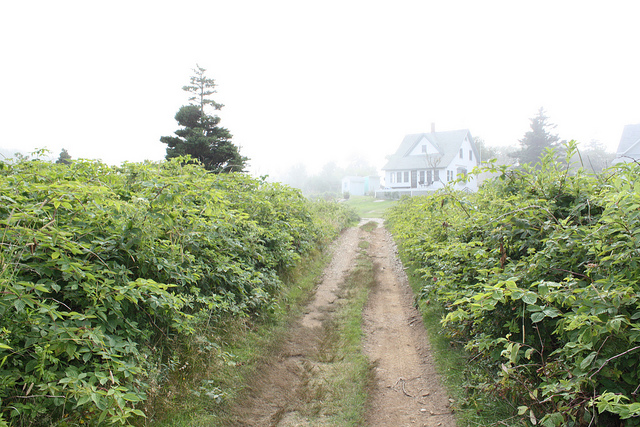 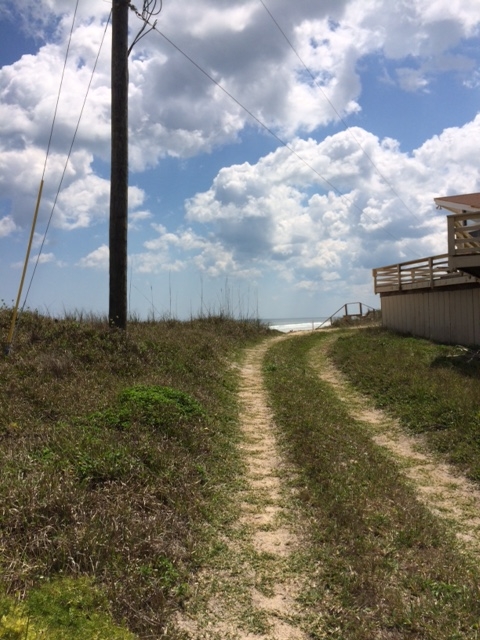
The road on Criehaven The road in Summerhaven
I have always loved the sea and am fortunate to live here on a barrier island in Florida where it’s considerably warmer than Penobscot Bay Maine. Nearly every day I go for a walk, usually along the edge of the water. But occasionally, I wander up into the dunes where I’ve found the remnants of a long ago road that winds down the middle of the sandy soil and lush vegetation. And when I do, I am always reminded of the road on Criehaven. There are no tall spruces and prickly pears grow instead of beach roses. But the sound of the sea is in my ears and the scent of the ocean all around me. And if I close my eyes I can almost imagine I am on Criehaven again.
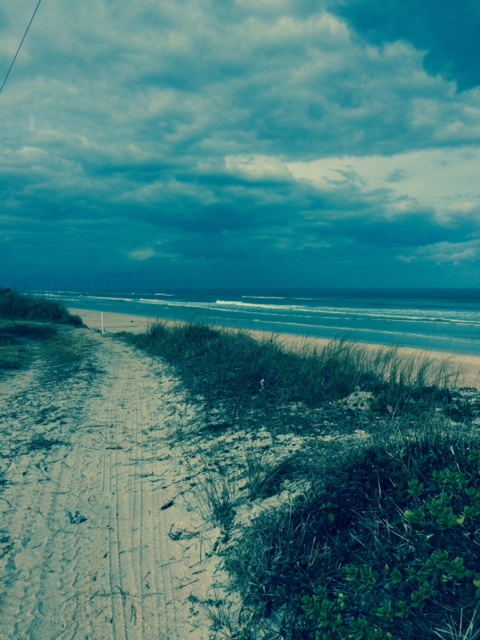 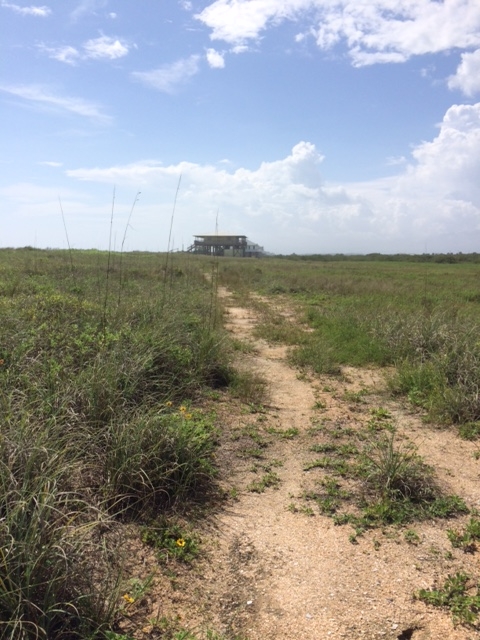 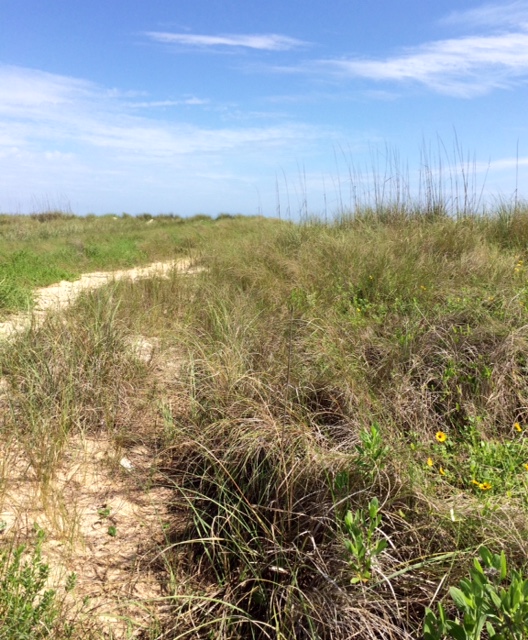
The road through the dunes of Summerhaven, St Augustine, Florida
Monday, May 11 2015
In honor of Mother's Day . . .
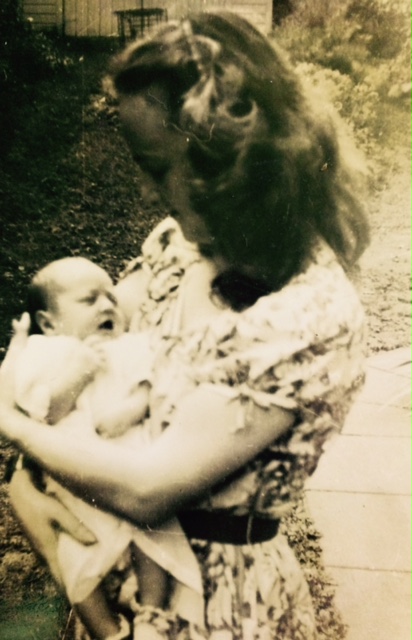 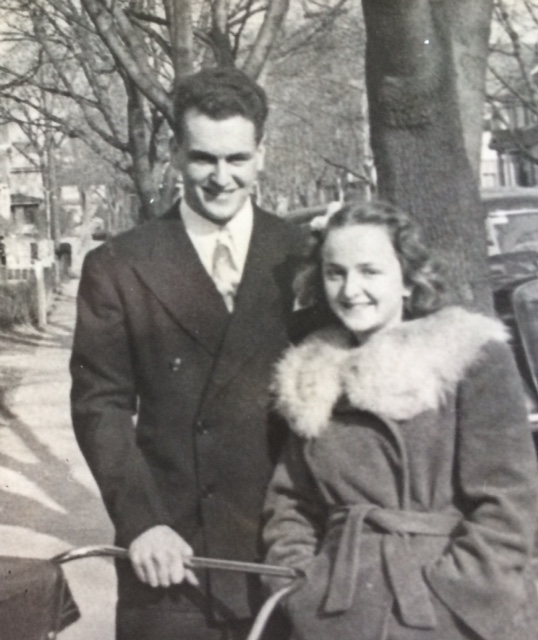
My mom was diagnosed with Alzheimer’s when she was seventy-seven, but even then we all wondered if she’d had it for a lot longer than we or the doctor knew. She’d been completely deaf since her late thirties and while she lip-read very well, she also got to be an expert at pretending she knew what strangers or casual acquaintances were saying even when she didn’t have a clue. In retrospect, we began to realize that she’d been faking it with us as her memory began to fail.
She never seemed frustrated by her loss of memory. In fact, it was the rest of us who were frustrated and she always responded with a big smile that defused our exasperation.
Even before she went into assisted living care, she began to be foggy about who I was. One night when she asked, and I told her, she didn’t believe me. So I hauled out my driver’s license thinking to prove I was who I claimed to be and her shocked reaction was to ask why I was in possession of my sister’s driver’s license. Even she laughed about it two nights later when she did remember who I was. Conversing with a deaf person who can’t recall how the sentence began has moments of humor, but it’s mostly frustrating and increasingly sad. A few things she never forgot – like the fact that it was me who took her car away. Until nearly the end of her life, she held that indignity against me. And she never forgot that her Johnny was the love of her life.
One thing I remember most about her last few years was that in spite of not being sure who I was, she still loved me and it showed. Until she went into care, she lived next door and I always stopped by on my way home from work. She always lit up with welcome and opened her arms for a hug when I walked into her living room. I “talked” to her mostly through written notes on her multitude of notebooks which had the advantage of being able to flip back a page or two when she continued to repeat the same questions. But the visits were always good ones because I knew she enjoyed our moments together even if she remembered nothing of them as soon as I disappeared from sight.

When the call that I’d been dreading for some time came, I rushed to her side at the hospital where her labored breathing was the only sound in the room. Her heart had failed and although the EMTs had gotten it started again, she never did regain consciousness. When her last breath came, my sister was with us and we were talking on the phone with my brother who lived several states away. So we were all together, hanging on to each other and our memories of a mother who had always loved us with her whole heart. I will always remember the stillness and love that filled that room at that moment. But even more, I will always remember the thousand-watt smile that greeted me every time I went to visit her, even long after she’d completely forgotten either my name or my place in her life. Sometimes a mother’s love is felt more than spoken, and ultimately it transcends even death. I see her smile in billowing white clouds against a brilliant blue sky and a dozen other things she loved, and I feel her touch in the soft darkness as I fall asleep each night.
Happy Mother’s Day, Mom. You were and are the best.

Tuesday, May 05 2015

No – not physical babies, but still . . . Every author has been there. You’ve spent hours and hours plotting and writing your story. You have fallen in love with your protagonist and you’re rooting for them to succeed. And, of course, since you’re the author who created them, you can make sure they do. You’re pretty impressed with yourself, for the quicksand you tossed your characters into and the unexpected ways you threw them a line and hauled them out of trouble. It’s your baby and it’s your best work yet.
So, with a smile on your face, you send it off to your trusted critique partners and a beta reader or two. While you wait for them to get back to you, you’re doing your best to focus on a new set of characters with new complications to overcome, but you’re still anxiously awaiting word. You want to hear how wonderfully you’ve woven your story and how terrific your beta readers felt it was. Phrases like “I couldn’t put it down,” or “your love scenes were perfect,” or I never saw that ending coming,” would fill you with a sense of accomplishment and pleasure.
But what if the reports are less glowing? What if one of your beta readers does love your characters and thought the love scenes were hot enough to make them need a cold shower, but….. Always a but. What if they also saw a huge plot hole? What if one of your characters was so totally out of character that they just couldn’t care what happened to them? Or what if the plot and the characters were great, but they found a lot of “stuff” you didn’t really need? Cliché and redundancy.
You could, like some authors who don’t react well to honest critique, or others who decide that they ultimately knew best in spite of a fair consensus to the contrary, go ahead and either publish your work as is, or send off to an agent or editor convinced it will be the best submission they’ll get all year.

Or, you could go back and edit your work, keeping in mind the honest comments your “trusted” readers made. That’s when killing your babies comes into play. If you fix a major plot hole, you might discover that some of the scenes you were the most enamored of are no longer relevant. Places you spent a lot of time getting just the right words to create the perfect picture have to go. You are in love with those words. But if your readers are right, you’ve got to cut them out. It hurts. It’s so hard to let go of those perfect scenes and flowery phrases that didn’t captivate the reader nearly as much as they did you. That’s ‘tough love’ for an author.
As I evolved as an author and began to take such critiques seriously, I still wanted to “save” my best babies so I created a file where I could preserve them. Perhaps I’d find another scene where they would work, or another book maybe. But as it turns out, there are quite a few files on my computer filled with my hopeful saves. When I took the advice offered, more often than not, I discovered my plot was better and stronger without them. And my characters were just as vibrant and loveable.
Just as it was when I was raising my kids, when tough love was hard to dish out, and I steeled myself to do what had to be done and my children grew stronger for it, so it is with my books. 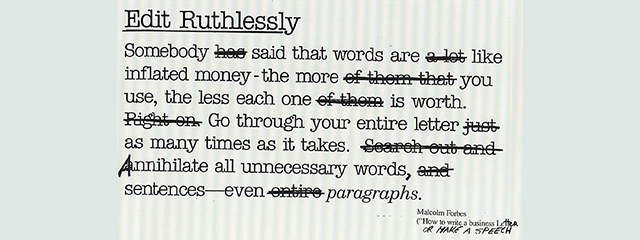
|